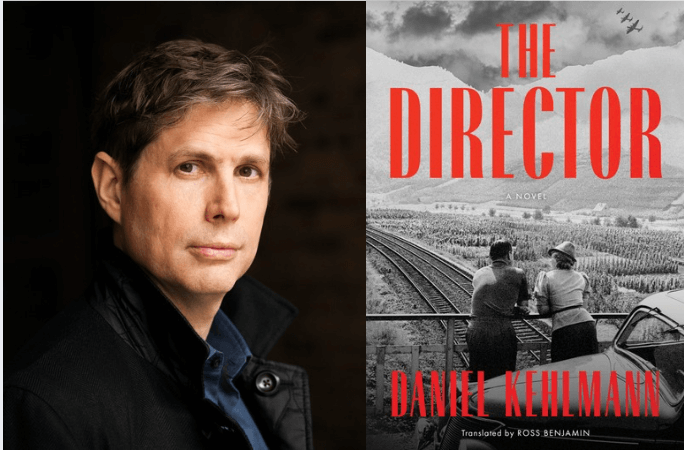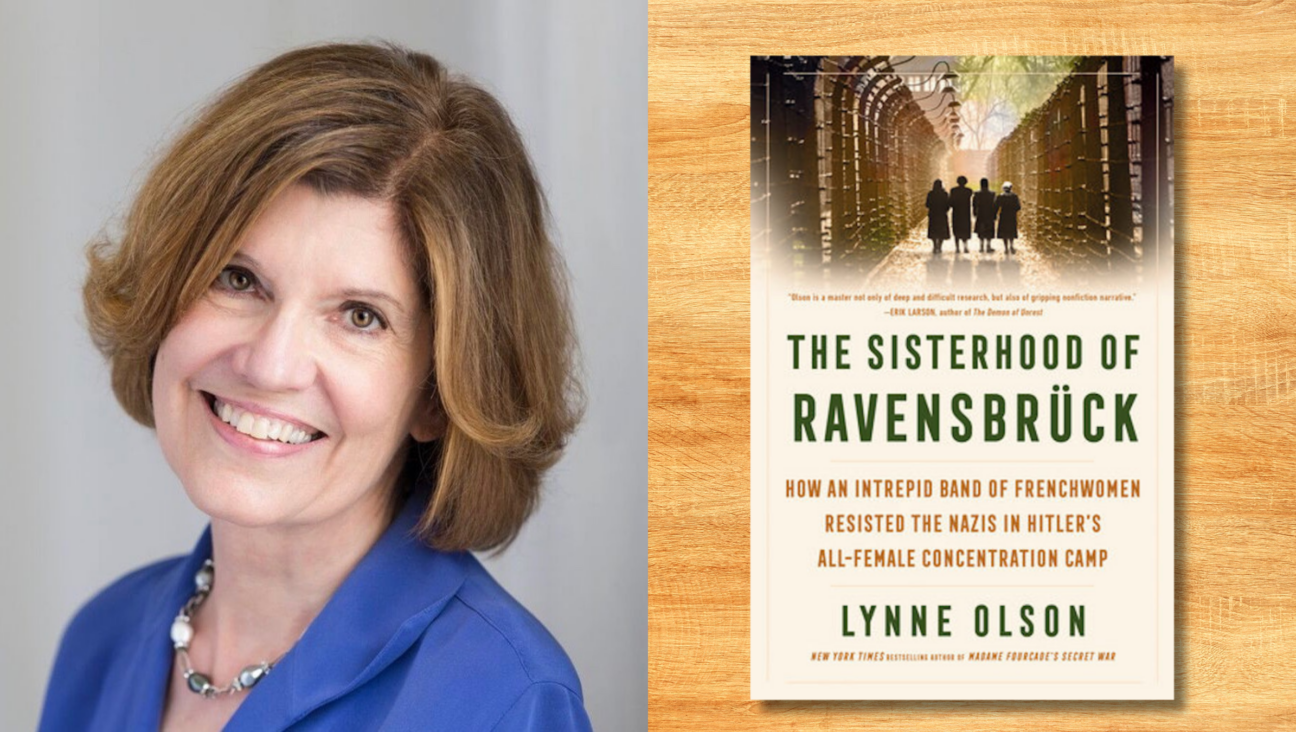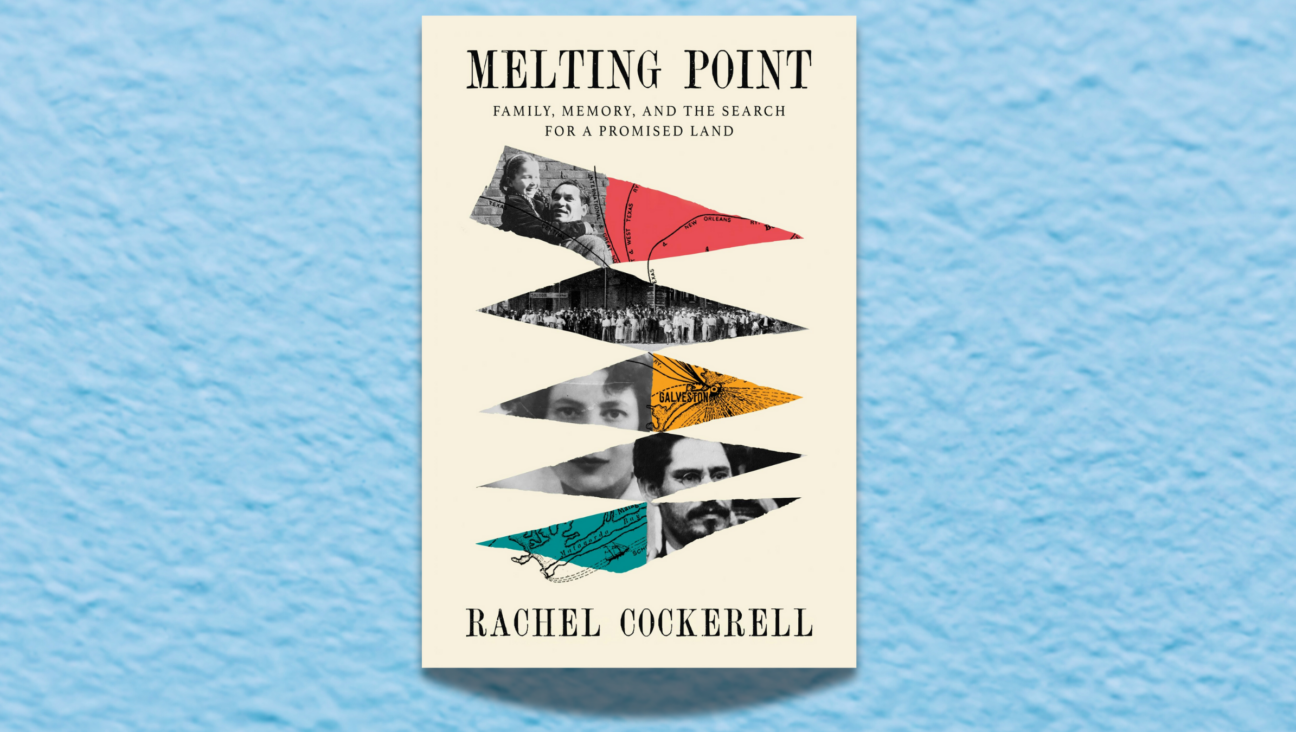Author Blog: No Middle Range

Earlier, Harry Brod wrote about speaking backwards a couple of sayings with which he disagrees and why he always has a valid passport. His blog posts are featured on The Arty Semite courtesy of the Jewish Book Council and My Jewish Learning’s Author Blog Series. For more information on the series, please visit:

“Jews don’t have a middle range,” I said to my friend and colleague.
He was telling me about his experience teaching a new course at our university. Faculty from very different fields had come together to develop a common core of readings and topics for a course designed to introduce first year students to college life. Each professor would teach their own section but the students would receive a common experience. The format meant that every instructor would be out of their area of expertise and comfort zone for at least part of the course, most likely for most of it.
“So there I was,” he told me, “standing in front of these new students as an experienced teacher, not just nervous but terrified.”
“Yeah,” I said, “Jews don’t have a middle range. We go right from a little bit scared to absolutely terrified.”
It’s a legacy of the Holocaust, with roots further back in our history. The flames of the Holocaust have singed all of our imaginations, leaving behind their psychological scars. And scar tissue isn’t flexible. So we end up not having a whole lot of flexibility when we feel threatened. We tend to operate in all-or-nothing mode. When we get scared, even just a bit, we start to see Nazis.
We’re not the only ones who suffer from a scarred imagination in dealing with anti-Semitism. It’s a principal reason why anti-Semitism remains set apart, so often unintegrated with the other “isms” people are trying to address: racism, sexism, classism, heterosexism, etc. At least for some of us, when someone raises a question about whether we have acted in some way that is sexist, racist, etc., we understand that there may be subtle issues of unintended prejudice involved, and we might be willing to examine our actions and beliefs to at least some extent. We don’t react as if we’re being called serial rapists or members of the KKK. But raise a question about anti-Semitism possibly being at work, and people react like they’re being called Nazis. The Nazi terror continues to impact people in a way that make it practically impossible to discuss more subtle forms of anti-Semitism short of genocide. Jews aren’t the only ones with no middle range when it comes to anti-Semitism.
Harry Brod is a professor of philosophy and humanities at the University of Northern Iowa and the author of “Superman Is Jewish?: How Comic Book Superheroes Came to Serve Truth, Justice, and the Jewish-American Way.”
The Jewish Book Council is a not-for-profit organization devoted to the reading, writing and publishing of Jewish literature. For more Jewish literary blog posts, reviews of Jewish books and book club resources, and to learn about awards and conferences, please visit www.jewishbookcouncil.org.
MyJewishLearning.com is the leading transdenominational website of Jewish information and education. Visit My Jewish Learning for thousands of articles on Judaism, Jewish holidays, Jewish history and more.























